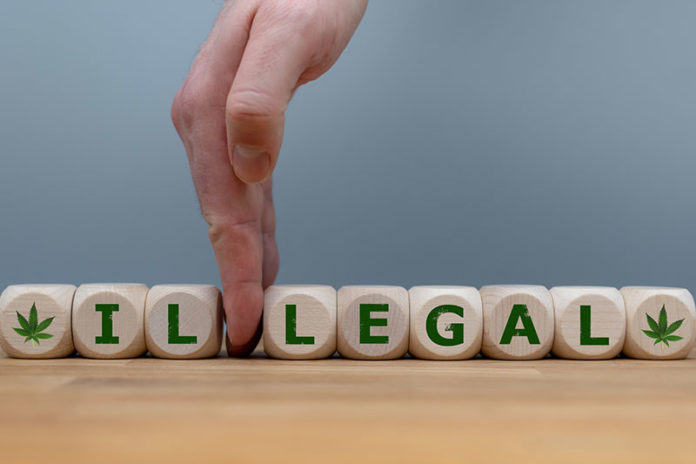The effort to legalize recreational marijuana for adult use has been long, slow and arduous, but in recent years, 11 states have taken that step. The demonization of cannabis, however, has not stopped. It has merely shifted from the state level to the local level — as not-in-my-backyard activists mobilize to keep pot as far away as possible.
In June, Illinois Gov. J.B. Pritzker signed a measure allowing recreational pot, something favored by two-thirds of Illinoisans. But while prohibitionists have lost credibility on the general issue of legalizing weed, they have managed to foment fears in individual communities.
In September, the city council of Naperville, a Chicago suburb of 148,000 people, voted to forbid recreational marijuana dispensaries. The council was influenced by a group called Opt Out, which packed the meeting with protesters who argue that these shops would unleash a dire menace.
Critics of legal recreational pot, often collaborating with Opt Out, have prevailed in a number of other Chicago suburbs. Only a handful of towns have decided to allow such outlets.
I have news for the opponents: Recreational use of cannabis is already going on in their communities. I can say that with confidence because 55 million Americans say they consume it year. It is far safer for them to do so if their product comes from state-regulated businesses operated by law-abiding citizens than from, say, the local sales rep for the Sinaloa drug cartel.
Prohibiting sales doesn’t mean that locals will abstain from pot. It only means that those residents who want to get high will get their weed from dispensaries in other municipalities or from illegal dealers. It’s not clear how it benefits any town to 1) send residents elsewhere to spend money and 2) preserve an underground market for enterprising criminals.
Opt Out traffics in a number of dubious, exaggerated or unsubstantiated claims. “Marijuana is NOT harmless,” it declares, as if anyone thinks otherwise. It claims that legalization means an increase in teen consumption, emergency room visits, cannabis-related highway fatalities and school disciplinary problems. It says permitting dispensaries would endanger public safety and damage a town’s reputation for being “family friendly.”
But the evidence from states that allow recreational cannabis is reassuring. A study published in an American Medical Association Journal found that in these states, teen use of marijuana declined after legalization.
In Colorado, which got legal recreational cannabis in 2014, most indicators are favorable. A report last year by the state Department of Public Safety found that arrests for driving under the influence of drugs or alcohol have declined by 15%. Hospitalizations for possible cannabis exposure rose in 2014 and then “flattened out” — after a steady rise that began in 2000.
In the 2015-16 school year, the number of adolescents who consumed the drug was the lowest in nearly a decade. Graduation rates are up, while the number of school suspensions and expulsions has stayed the same.
The public safety alarms raised by Opt Out are the false type. Studies of Denver found that the presence of retail pot shops led to a decrease in neighborhood crime and an increase in property values.
None of the real-life experience of people living in Denver suggests that pot has marred its “brand” or its “family-friendly” reputation. If anything, the city has reaped unexpected benefits from legalization, including rapid population growth.
It’s curious that cities and towns that recoil at legal pot sales embrace a drug that is far more destructive: alcohol. Naperville, for example, has 257 retail establishments with liquor licenses — one for every 575 residents. Not many people seem to worry that allowing adult beverages to be sold in their communities sends the wrong message to impressionable adolescents.
Alcohol use is frequently implicated in sexual assault, aggravated assault, child abuse, homicide and other crimes. A study of Chicago found that neighborhoods with late-night bars and liquor stores generally have higher rates of robbery and assault. A study of Los Angeles concluded that when “additional alcohol outlets” open, they typically “contribute to crime and urban decay.”
Yet virtually every municipality in Illinois allows alcohol sales. There is no shortage of places to buy beer, wine and spirits in Arlington Heights, Winnetka, Hinsdale, Wheaton or Orland Park. These cities, however, have reached the odd conclusion that they cannot tolerate a single legal site offering recreational cannabis.
They can keep pot shops out. Keep pot out? Not a chance.






























